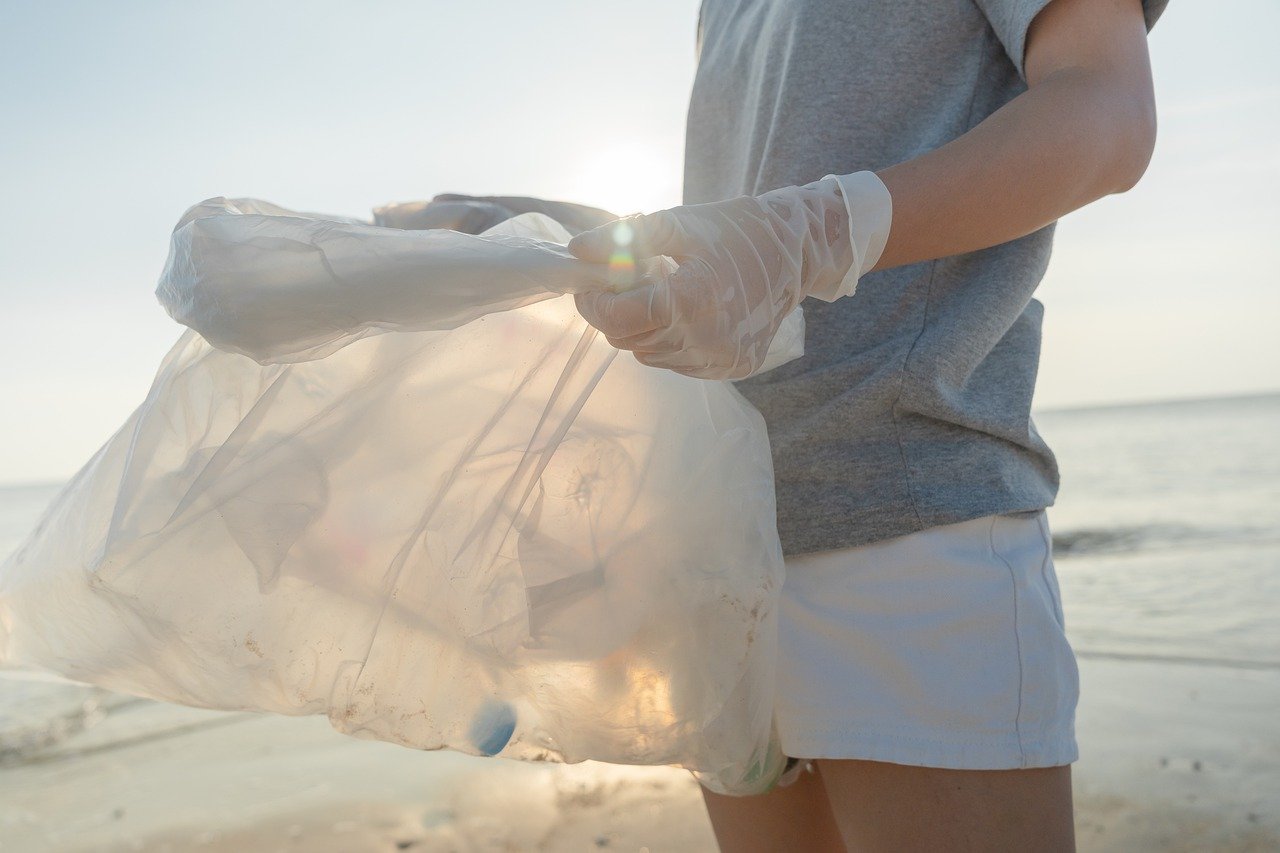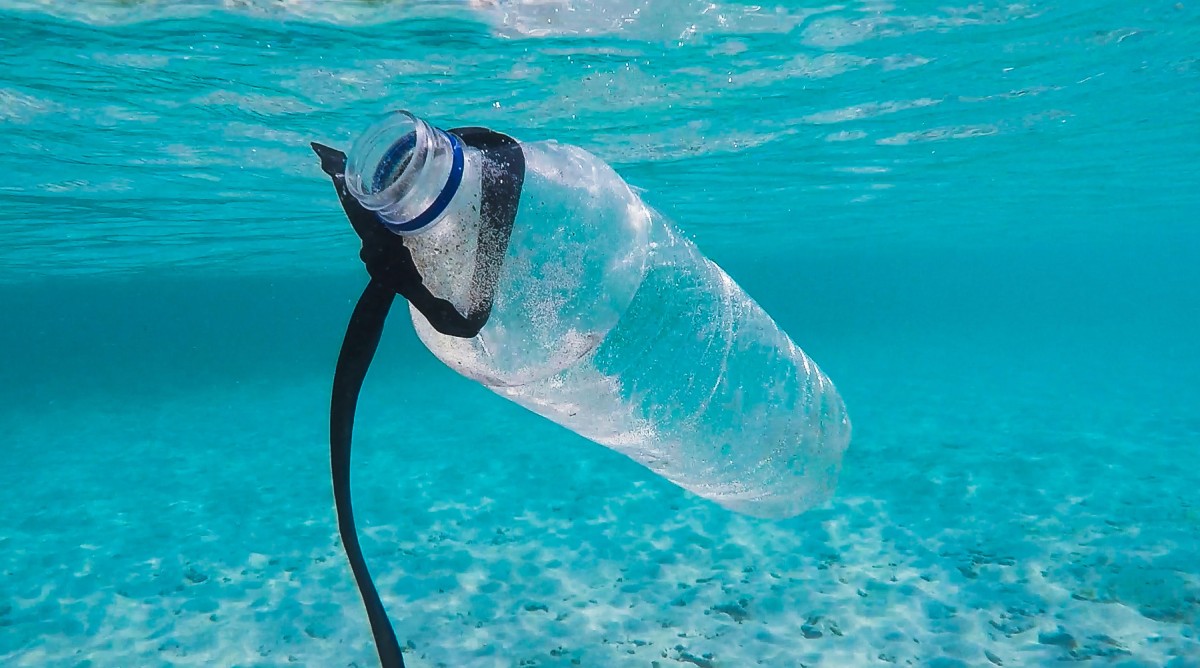Introduction
Plastic pollution has become an urgent environmental issue with far-reaching consequences. The widespread use of plastic products and their improper disposal have led to severe environmental degradation, posing risks to our ecosystems, wildlife, and even human health. It is crucial for individuals to take action and reduce their plastic consumption and waste to mitigate the harmful effects on the planet.
The Plastic Pollution Problem
Plastic, a durable and versatile material, has revolutionized various industries and transformed our daily lives. However, its durability is also its downfall. Plastics take hundreds of years to break down naturally, resulting in a massive accumulation of waste that overwhelms our landfills, waterways, and oceans. This persistent waste stream negatively impacts the environment in numerous ways.
Importance of Reducing Plastic Consumption and Waste
Reducing plastic consumption and waste is essential for the health of our planet and future generations. By minimizing our reliance on plastic, we can significantly decrease the amount of plastic waste that ends up in landfills and ecosystems. This, in turn, helps mitigate the detrimental effects of plastic pollution, such as wildlife entanglement, ingestion, and habitat destruction.
Taking steps toward plastic-free living also helps conserve valuable resources, reduce greenhouse gas emissions associated with plastic production and disposal, and protect the delicate balance of ecosystems. Every individual’s effort to reduce plastic waste makes a collective impact in preserving our environment.
As we delve into practical steps for a plastic-free lifestyle, let us explore the various strategies and alternatives that can help us combat plastic pollution effectively. By making conscious choices and adopting sustainable practices, we can make a significant difference and contribute to a cleaner, healthier planet.
Understanding the Impact of Plastic Pollution
Plastic pollution has emerged as a significant environmental crisis, wreaking havoc on our planet’s delicate ecosystems and posing severe threats to wildlife. By delving into the environmental consequences of plastic pollution, we can gain a deeper understanding of its detrimental effects and the urgent need for action.
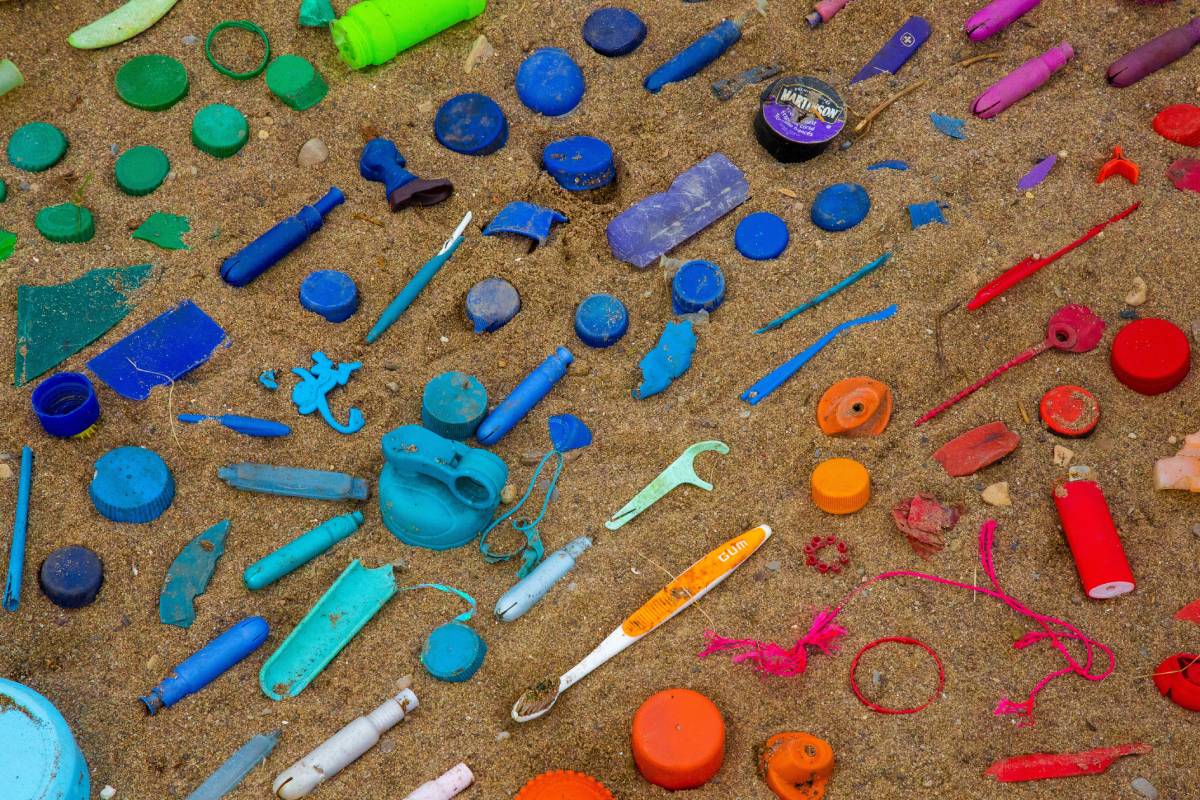
Environmental Consequences of Plastic Pollution
Plastic pollution has far-reaching implications for our environment. One of the most concerning aspects is its impact on our waterways and oceans. Plastics, when improperly disposed of, find their way into rivers, lakes, and seas, where they accumulate and create vast floating islands of debris. These massive patches of plastic, such as the Great Pacific Garbage Patch, not only mar the beauty of our oceans but also disrupt marine ecosystems.
Plastics break down into smaller fragments known as microplastics, which pose a different set of challenges. Microplastics are ingested by marine organisms, including fish, seabirds, and sea turtles, which mistake them for food. This ingestion can lead to internal injuries, starvation, and even death. As plastic moves up the food chain, it eventually reaches humans, impacting not only marine life but also our own health.
Effects on Wildlife and Ecosystems
Plastic pollution has devastating consequences for wildlife and their habitats. Marine animals often become entangled in plastic debris, such as fishing nets and six-pack rings, leading to injury, suffocation, and restricted movement. The entanglement can cause severe wounds, amputations, or even strangulation, ultimately threatening the survival of numerous species.
Furthermore, the ingestion of plastic poses a grave danger to wildlife. Sea turtles mistake plastic bags for jellyfish, a staple in their diet, and birds may unknowingly feed plastic to their chicks, resulting in malnutrition and starvation. These tragic consequences disrupt natural ecosystems and contribute to the decline of vulnerable species.
Plastic pollution also impacts terrestrial ecosystems. Land animals may become entangled in plastic waste or mistake it for food. As plastic degrades, it releases harmful chemicals that can contaminate soil and water sources, affecting plant growth and disrupting the delicate balance of ecosystems.
Understanding the environmental consequences of plastic pollution is crucial in realizing the urgency of taking action. By addressing the root causes and implementing sustainable solutions, we can protect our ecosystems, preserve biodiversity, and secure a healthier future for both wildlife and humans.
Assessing Your Plastic Footprint
To embark on a journey towards plastic-free living, it is essential to assess your plastic footprint and identify the areas where plastic waste is most prevalent in your daily life. By evaluating your plastic usage and recognizing common sources of plastic waste, you can make informed decisions and take meaningful steps towards reducing your environmental impact.
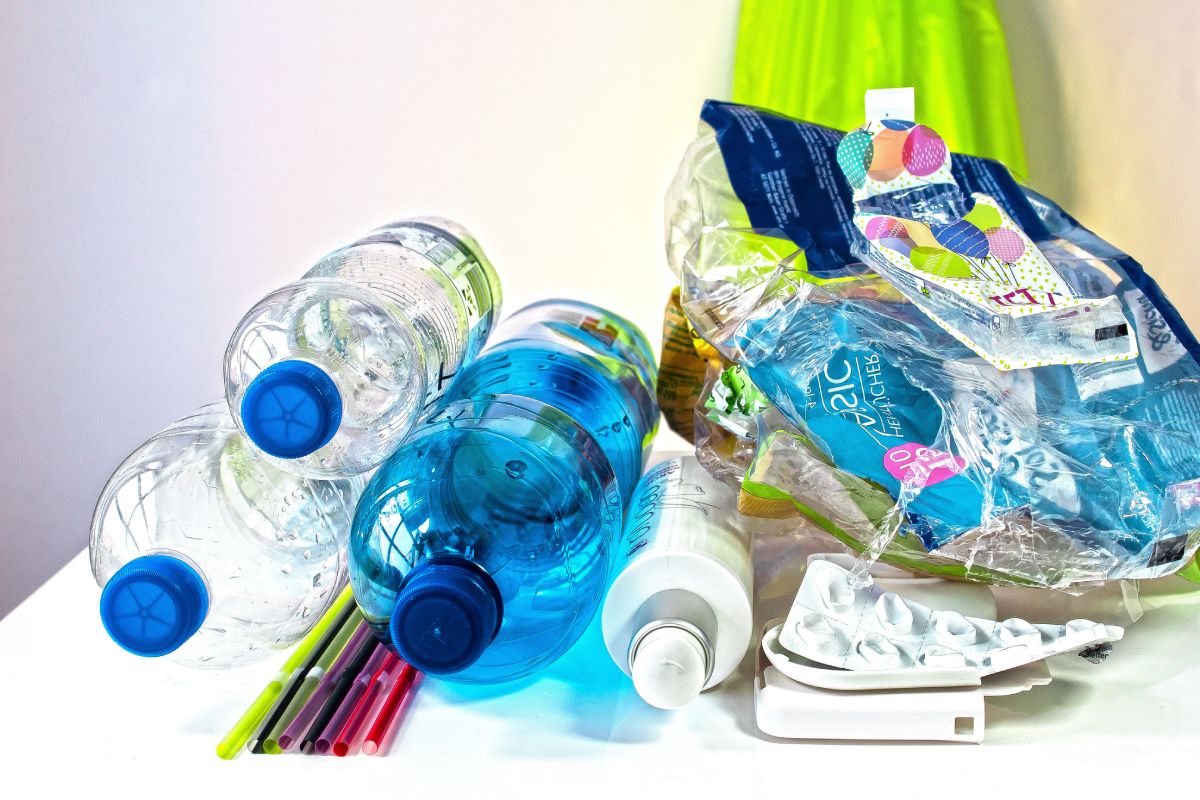
Evaluating Your Plastic Usage
Start by examining the different aspects of your daily routine where plastic is present. Look closely at your shopping habits, meal preparation, personal care products, and household items. Take note of the types of plastic packaging and single-use items you regularly encounter. This assessment will help you develop an understanding of your plastic consumption patterns and identify areas for improvement.
Consider keeping a plastic journal for a week or two, recording the plastic items you use and discard. This process will provide valuable insights into the specific areas where plastic waste accumulates in your life. It may be eye-opening to see the amount of plastic that enters your home and subsequently becomes waste.
Identifying Common Sources of Plastic Waste
Next, identify the common sources of plastic waste that you encounter on a regular basis. Some examples of common culprits include:
Single-Use Plastics
These include plastic bags, straws, disposable cutlery, coffee cups, and water bottles. Assess how frequently you use these items and explore alternative options that are reusable or made from eco-friendly materials.
Packaging
Consider the packaging of the products you buy, such as food items, toiletries, and household cleaners. Look for excessive plastic packaging or non-recyclable materials. Seek out brands that prioritize sustainable packaging solutions or offer refillable options.
Personal Care Products
Evaluate the plastic packaging of your personal care products, including shampoo bottles, toothpaste tubes, and skincare containers. Look for brands that offer plastic-free or refillable alternatives, or consider making your own DIY products using simple ingredients.
Kitchen and Food Storage
Assess the plastic containers, plastic wrap, and disposable food packaging you use in your kitchen. Seek out reusable alternatives like glass or stainless steel containers, beeswax wraps, and silicone food storage bags.
Cleaning Products
Examine the plastic packaging of your cleaning products, such as detergent bottles and spray bottles. Explore eco-friendly cleaning alternatives that use minimal or plastic-free packaging.
By identifying these common sources of plastic waste in your daily life, you can begin to prioritize areas where you can make changes. This assessment will empower you to seek alternatives, adopt plastic-free practices, and ultimately reduce your plastic footprint.
Remember, the goal is not to achieve perfection overnight but to make gradual progress in reducing plastic consumption. Small changes add up, and every effort to eliminate or minimize plastic waste contributes to a cleaner and more sustainable future.
Practical Steps for Plastic-Free Living
Living a plastic-free lifestyle is an effective way to combat plastic pollution and protect the environment. By making conscious choices and adopting sustainable alternatives, you can significantly reduce your plastic consumption. Here are some practical steps you can take to live a plastic-free life.
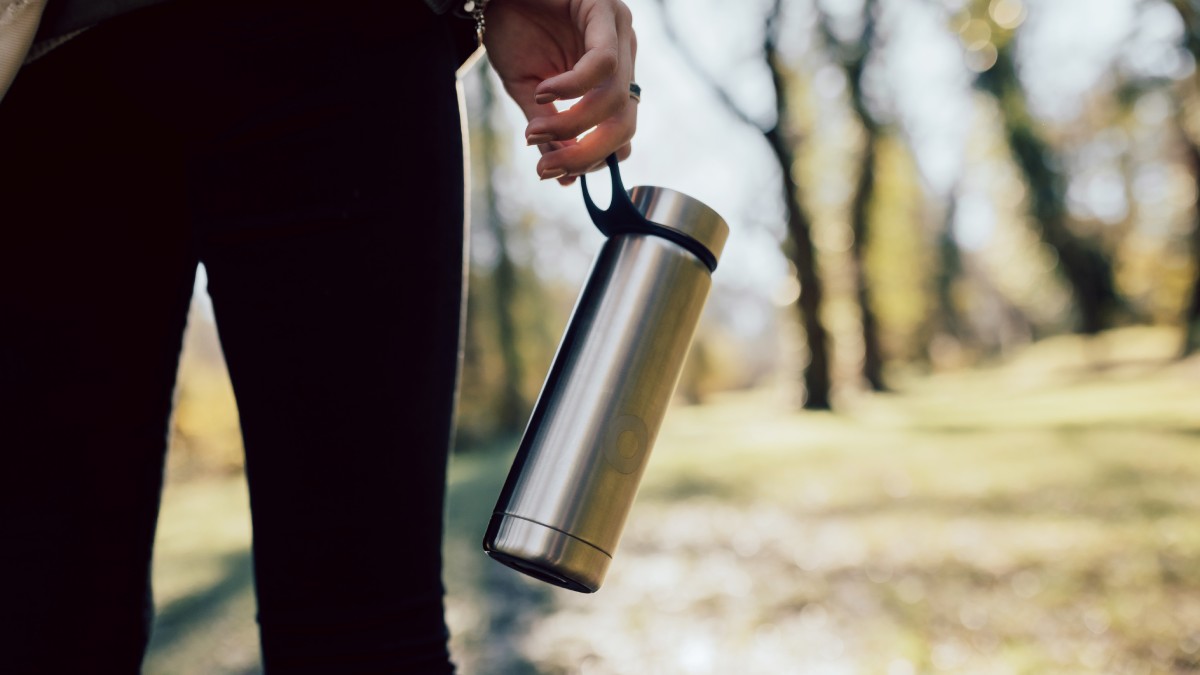
Choosing Reusable Alternatives to Single-Use Plastics
-
Reusable Water Bottles and Coffee Cups: Invest in high-quality reusable water bottles and coffee cups. Opt for options made from stainless steel or glass, as they are durable, easy to clean, and free from harmful chemicals. Carry your reusable water bottle with you wherever you go, and say no to plastic water bottles. Similarly, bring your own coffee cup to cafes to avoid disposable cups and lids.
-
Cloth Shopping Bags and Produce Bags: Replace plastic shopping bags with reusable cloth bags. Keep a stash of cloth bags in your car or carry a foldable one in your purse or backpack. Remember to use them not just for groceries but also for other shopping trips. Additionally, invest in reusable produce bags made from materials like organic cotton or mesh fabric. These bags are perfect for carrying fruits, vegetables, and bulk items without the need for plastic packaging.
-
Stainless Steel or Glass Food Containers: Instead of relying on plastic containers for food storage and on-the-go meals, switch to stainless steel or glass containers. These alternatives are durable, non-toxic, and can be reused countless times. Look for leak-proof options with secure lids to conveniently pack your lunches and snacks. You can also find nesting container sets that take up minimal space in your kitchen.
Reducing Plastic Packaging Waste
-
Shopping in Bulk and Using Refill Stations: Embrace the concept of bulk shopping by purchasing items like grains, cereals, nuts, and spices in bulk. Bring your own reusable containers or bags to refill these items at bulk stores or refill stations. This way, you avoid unnecessary packaging waste.
-
Opting for Products with Minimal or Plastic-Free Packaging: When shopping for everyday products, choose options with minimal packaging or those packaged in eco-friendly materials like cardboard or glass. Avoid individually wrapped items and look for brands that prioritize plastic-free packaging.
-
Making Homemade or DIY Products: Reduce your reliance on store-bought products by exploring DIY alternatives. From homemade cleaning solutions to personal care products, there are numerous recipes and tutorials available online. By making your own products, you have control over the ingredients and packaging, reducing plastic waste.
Avoiding Plastic Straws and Utensils
-
Using Stainless Steel, Bamboo, or Compostable Alternatives: Say no to plastic straws and opt for reusable alternatives like stainless steel or bamboo straws. Carry a reusable straw with you or choose venues that provide compostable options. Similarly, switch to stainless steel or bamboo utensils instead of disposable plastic ones.
-
Carrying Your Own Reusable Utensils When Dining Out: To avoid single-use plastic utensils when eating out, keep a set of reusable utensils in your bag or car. By doing so, you can confidently refuse plastic cutlery and use your own sustainable alternatives.
Minimizing Plastic in Personal Care and Household Products
-
Choosing Plastic-Free or Refillable Toiletries: Explore plastic-free alternatives for personal care items such as toothbrushes, shampoo bars, soap bars, and solid deodorants. Look for brands that offer products in compostable or recyclable packaging or those that provide refill options.
-
Seeking Eco-Friendly Cleaning Products: Replace plastic bottles of cleaning solutions with eco-friendly alternatives. Look for cleaning products that come in concentrated or refillable formats to minimize plastic waste. Alternatively, explore homemade cleaning solutions using natural ingredients like vinegar, baking soda, and essential oils.
Rethinking Food Storage and Meal Prep
-
Using Beeswax Wraps or Silicone Food Covers: Swap plastic cling wrap with beeswax wraps or silicone food covers. Beeswax wraps are reusable, washable, and can mold to cover various food items. Silicone food covers create an airtight seal and are ideal for covering bowls and containers.
-
Investing in Glass or Stainless Steel Containers: Store leftovers and pack lunches in glass or stainless steel containers instead of plastic ones. These containers are durable, non-toxic, and keep your food fresh without the need for disposable plastic wrap or bags.
By implementing these practical steps in your daily life, you can significantly reduce your plastic footprint and contribute to the global efforts to combat plastic pollution. Remember, every small change makes a difference, and by making conscious choices, you are actively working towards a cleaner and more sustainable future.
Overcoming Challenges and Finding Alternatives
Transitioning to a plastic-free lifestyle may come with its fair share of challenges, but with determination and the right resources, you can overcome them and make a significant impact. Let’s address some common obstacles to plastic-free living and provide solutions and alternative options.
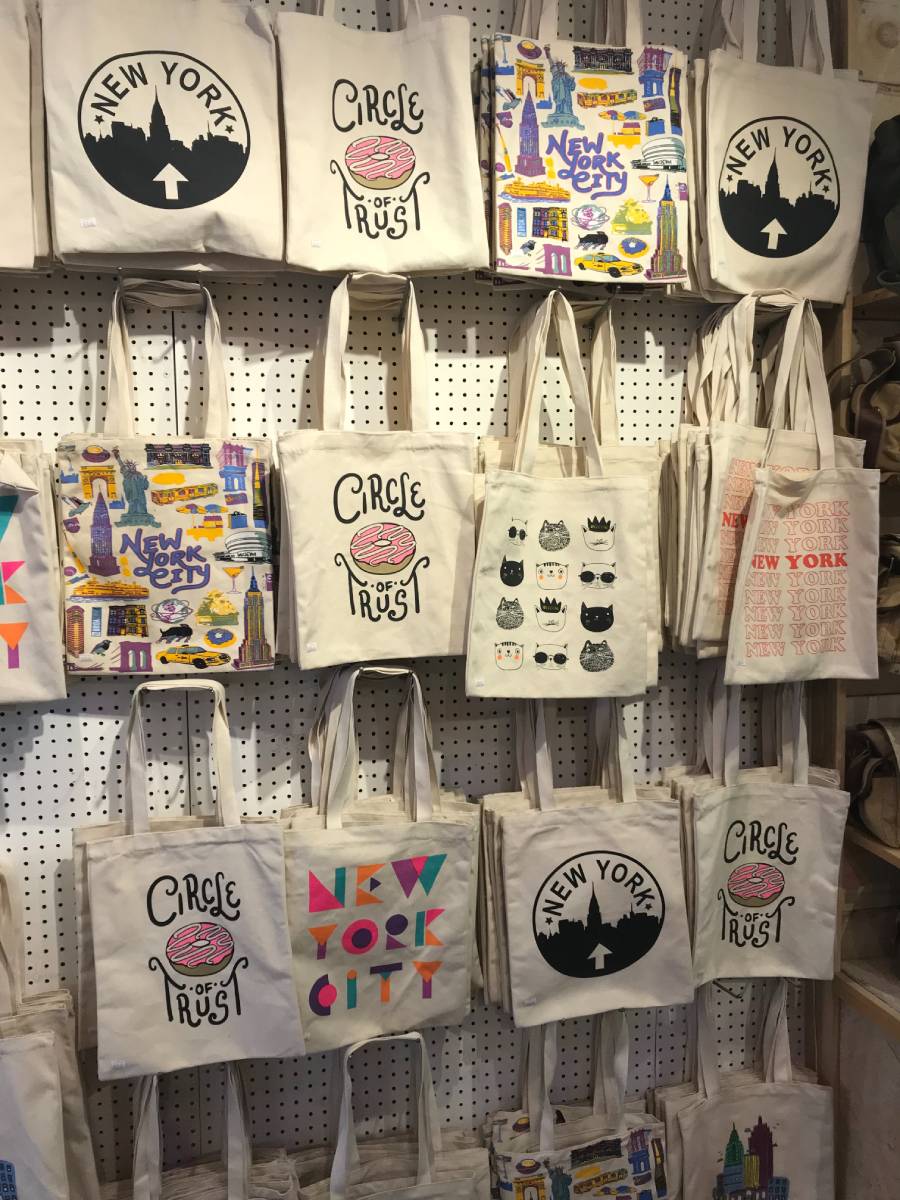
Addressing Common Obstacles to Plastic-Free Living
Living without plastic can sometimes feel challenging due to its widespread use in our daily lives. However, being aware of these obstacles can help you find ways to navigate them effectively. Here are a few common challenges and how to overcome them:
-
Limited Access to Plastic-Free Alternatives: In some areas, finding plastic-free alternatives may be more difficult due to limited availability. However, by researching local zero-waste stores, co-ops, and farmers markets, you can discover sources that offer package-free options. Additionally, explore online platforms that specialize in sustainable and plastic-free products, which can be delivered right to your doorstep.
-
Social Situations and Convenience: Social gatherings, events, and fast-paced lifestyles often involve single-use plastics. To overcome this, consider bringing your own reusable items, such as a water bottle, coffee cup, or food container. Communicate your preferences to friends and family, and encourage them to join you in reducing plastic waste.
-
Processed and Packaged Foods: Processed and packaged foods are often heavily reliant on plastic packaging. To tackle this challenge, opt for fresh produce, bulk grains, and homemade meals as much as possible. Cooking from scratch not only reduces plastic waste but also allows you to control the ingredients and make healthier choices.
Providing Solutions and Alternative Options
When faced with challenges, it’s essential to explore alternative solutions. Here are some practical steps you can take to overcome obstacles and continue your plastic-free journey:
-
Researching Local Zero-Waste Stores and Bulk Shopping Options: Take the time to research and identify zero-waste stores, co-ops, and bulk shopping locations in your area. These establishments offer a wide range of package-free products, from food items to personal care essentials. By supporting these businesses, you contribute to a more sustainable local economy.
-
Joining Community Initiatives and Campaigns: Get involved in community initiatives and campaigns focused on reducing plastic pollution. Join local environmental groups, participate in beach clean-ups, and support organizations that advocate for sustainable practices. By working together with like-minded individuals, you can amplify your impact and inspire others to make a difference.
Remember, overcoming challenges requires perseverance and a willingness to adapt. As you encounter obstacles on your plastic-free journey, stay positive and seek creative solutions.
Spreading the Message and Advocating for Change
Creating a significant impact in reducing plastic pollution requires more than just individual actions. It’s crucial to spread the message and advocate for change on a broader scale. By sharing your plastic-free journey, engaging in conversations, and supporting relevant organizations and initiatives, you can inspire others and contribute to a collective effort towards a plastic-free future.
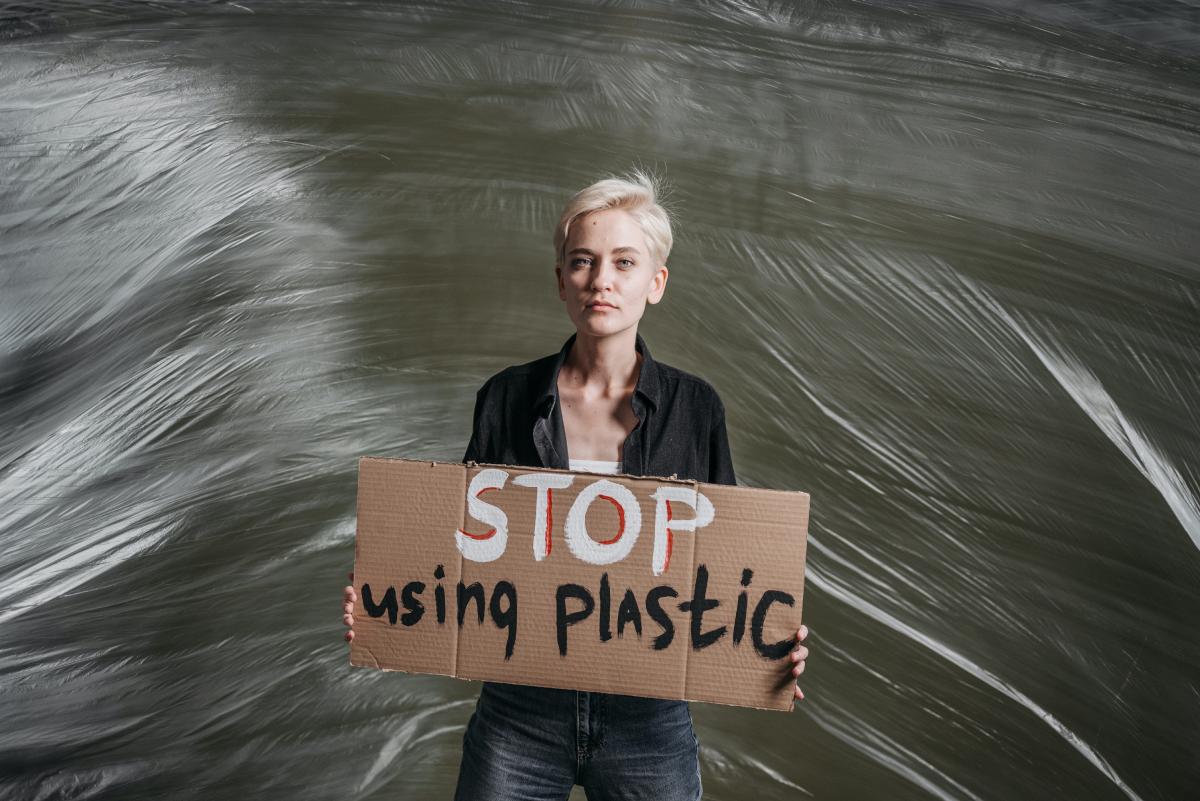
Sharing Your Plastic-Free Journey and Inspiring Others
One of the most effective ways to advocate for change is by sharing your own plastic-free journey. Through personal stories, tips, and experiences, you can inspire and motivate others to adopt a more sustainable lifestyle. Consider the following actions to spread the message:
-
Blogging and Social Media: Utilize platforms such as blogs, Instagram, or YouTube to document your plastic-free journey. Share your successes, challenges, and practical tips to inspire and educate your audience. Use hashtags and engage with the sustainable living community to reach a wider audience.
-
Personal Conversations: Talk to friends, family, and colleagues about your commitment to reducing plastic waste. Explain the reasons behind your choices and the positive impact it has on the environment. Be open to answering questions and offering guidance to those interested in making changes themselves.
Engaging in Conversations about Plastic Pollution
Engaging in conversations about plastic pollution helps raise awareness and encourages others to reconsider their plastic consumption habits. Here are a few ways to initiate and participate in meaningful discussions:
-
Informal Gatherings: Use social gatherings or casual get-togethers as an opportunity to bring up the topic of plastic pollution. Share interesting facts, statistics, or personal anecdotes to spark conversations and encourage reflection.
-
Workplace and Community Engagement: Organize or participate in discussions and presentations at your workplace, community centers, or local schools. Share practical tips for reducing plastic waste and encourage others to join the movement.
Supporting Organizations and Initiatives Combating Plastic Pollution
Many organizations and initiatives are dedicated to combating plastic pollution and promoting sustainable alternatives. Supporting these efforts can amplify your impact and contribute to the collective fight against plastic waste. Consider the following actions:
-
Volunteer and Donate: Seek out local environmental organizations or beach clean-up initiatives and offer your time as a volunteer. Participate in clean-up events to directly contribute to the removal of plastic waste from natural habitats. Additionally, consider making donations to support these organizations’ ongoing efforts.
-
Advocacy and Petitions: Stay informed about current legislation and initiatives related to plastic pollution. Sign petitions and write letters to policymakers advocating for stronger regulations and plastic reduction measures. Support organizations that engage in advocacy work to address the root causes of plastic pollution.
By actively spreading the message and advocating for change, you become an agent of transformation in the fight against plastic pollution. Through sharing your journey, engaging in conversations, and supporting relevant organizations, you inspire others to join the movement and create a ripple effect of positive change. Remember, every small action counts, and together we can make a significant difference in reducing plastic pollution.
Conclusion
Reducing plastic pollution is not just a personal choice; it’s an urgent necessity for the health of our planet and future generations. By embracing a plastic-free lifestyle, we can significantly minimize our impact on the environment and contribute to a cleaner, healthier world.
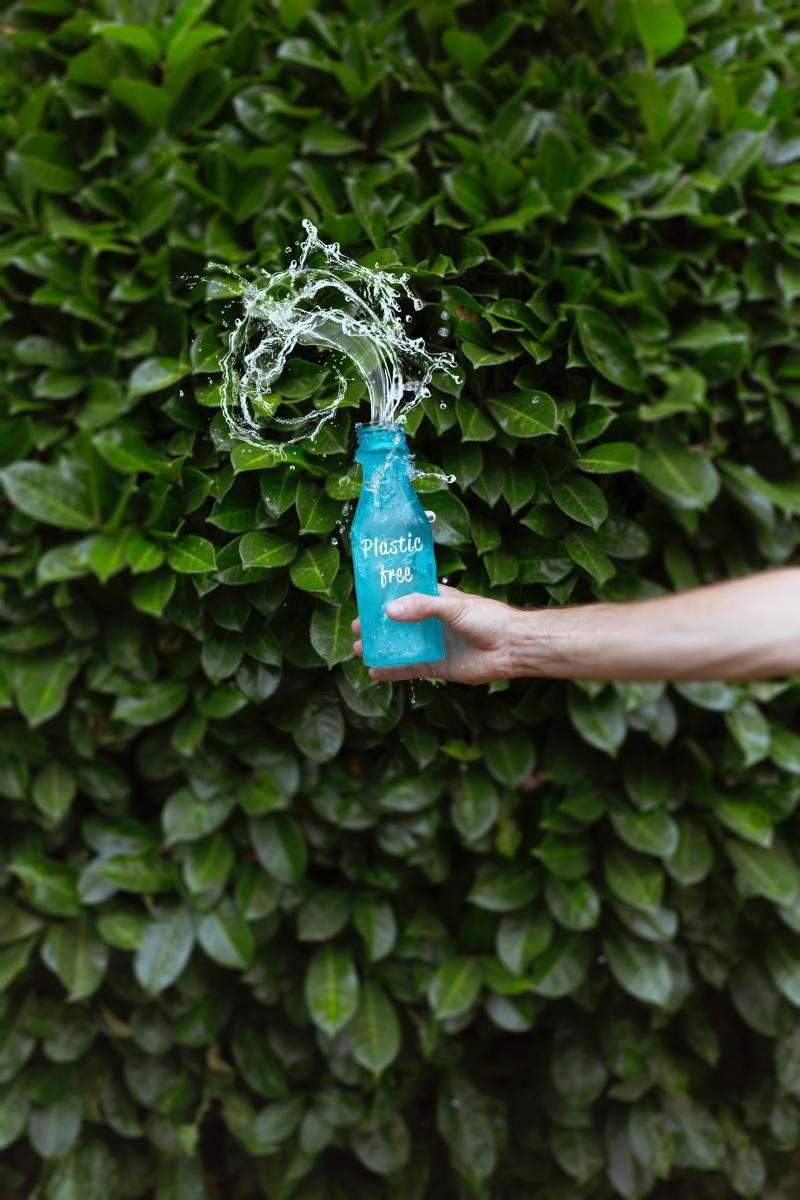
Throughout this blog post, we have explored the detrimental effects of plastic pollution on our environment, wildlife, and ecosystems. We have learned about the overwhelming presence of plastic waste in our oceans, the devastating consequences for marine life, and the long-lasting environmental implications. It is evident that urgent action is required to combat this global crisis.
Now that we have a deeper understanding of the problem, it’s time to take action. Each one of us has the power to make a difference by adopting a plastic-free lifestyle. Here are some key steps to consider:
-
Reduce and Reuse: Choose reusable alternatives over single-use plastics. Carry a reusable water bottle, coffee cup, and shopping bags. Opt for durable, long-lasting products that can be reused multiple times, reducing the need for disposable plastics.
-
Avoid Plastic Packaging: Seek out products with minimal or plastic-free packaging. Support local zero-waste stores and bulk shopping options, which allow you to refill your own containers and reduce unnecessary packaging waste.
-
Say No to Plastic Straws and Utensils: Refuse plastic straws and utensils when dining out. Instead, carry your own stainless steel or bamboo alternatives. By making this small change, you can significantly reduce the amount of plastic waste generated.
-
Make Conscious Choices: Consider the plastic footprint of personal care and household products. Opt for plastic-free or refillable options for toiletries and seek eco-friendly alternatives for cleaning products.
-
Rethink Food Storage: Embrace sustainable alternatives for food storage and meal prep. Use beeswax wraps or silicone food covers instead of plastic wrap. Invest in glass or stainless steel containers to store leftovers and pack lunches.
By making these practical steps a part of our daily lives, we contribute to the reduction of plastic pollution and help create a more sustainable future.
In conclusion, reducing plastic pollution requires a collective effort, and each one of us has a role to play. Through conscious choices, mindful consumption, and spreading awareness, we can make a significant impact on the reduction of plastic waste. Let us commit to embracing a plastic-free lifestyle and inspire others to join the movement. Together, we can create a cleaner, greener, and more sustainable world for generations to come.

